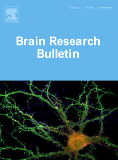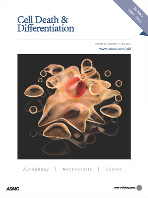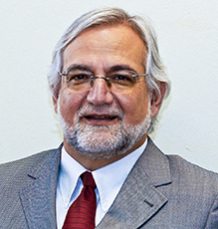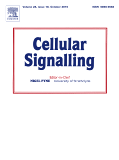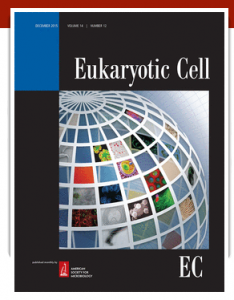 A researcher in New Mexico has retracted three papers tainted by fraud.
A researcher in New Mexico has retracted three papers tainted by fraud.
Lead author Samuel Lee, who works at the New Mexico Veterans Affairs (VA) Healthcare System and the University of New Mexico (UNM), requested Eukaryotic Cell retract two papers after identifying multiple instances of fabricated or falsified data. He requested the retraction of a review article based on those papers as well.
In addition, the research is subject to an investigation, Ellie Ghatineh, a production editor at the journal, told us:
Continue reading Gov’t researchers lose three papers for data doctoring
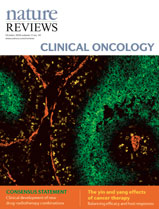
 The University of Cologne has conducted an investigation into the research of Tina Wenz, and determined that six papers should be pulled due to scientific misconduct.
The University of Cologne has conducted an investigation into the research of Tina Wenz, and determined that six papers should be pulled due to scientific misconduct.